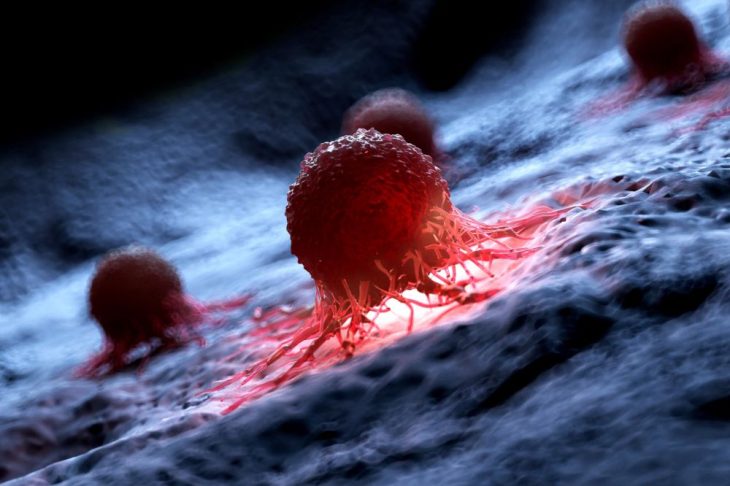
Exploring the Link Between Stress and Cancer: What You Need to Know
Stress is a common experience for nearly everyone, but its implications for health, particularly in relation to cancer, have been a topic of ongoing research. Here’s what current understanding suggests about the link between stress and cancer:
1. Biological Responses to Stress
When stressed, the body releases hormones such as cortisol and adrenaline. These hormones prepare the body for a “fight or flight” response. Chronic stress leads to prolonged exposure to these hormones, which can affect various biological systems, potentially altering immune function and inflammation levels, both of which are implicated in cancer progression.
2. Stress and Cancer Risk
While stress itself has not been directly linked to the initiation of cancer, there is evidence suggesting that high-stress levels can influence the development and progression of cancer. For example, stress can impact behaviours such as smoking, overeating, and physical inactivity, all of which are risk factors for cancer.
3. Impact on Cancer Progression
Some studies suggest that stress might affect the growth and spread of cancer. Stress hormones can influence the environment around tumours, affecting processes such as angiogenesis (the formation of new blood vessels that allow tumours to grow) and metastasis (the spread of cancer cells).
4. Immune System Impairment
Chronic stress can weaken the immune system, reducing its efficiency in detecting and destroying cancer cells. A weakened immune response means the body is less capable of fighting off early forms of cancer and other diseases.
5. Coping Mechanisms
Effective stress management might not only improve overall well-being but could also lower the risk of cancer or its progression. Techniques such as regular physical activity, meditation, sufficient sleep, and seeking psychological support can be beneficial.
6. Research Continues
The relationship between stress and cancer is complex and not yet fully understood. Ongoing research continues to examine the various mechanisms through which stress may influence cancer risk and management.
Understanding the link between stress and cancer emphasizes the importance of managing stress through lifestyle choices and support systems. Reducing stress not only contributes to a better quality of life but may also be a part of a strategy to prevent cancer or slow its progression.


